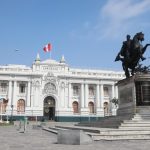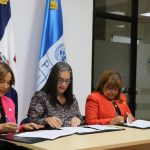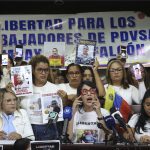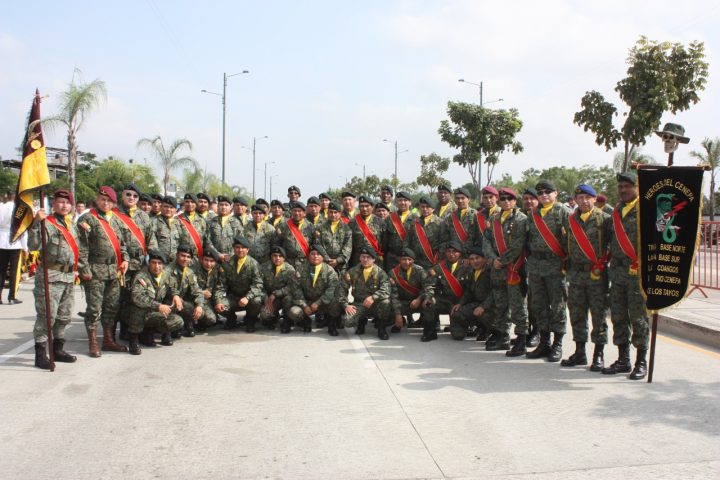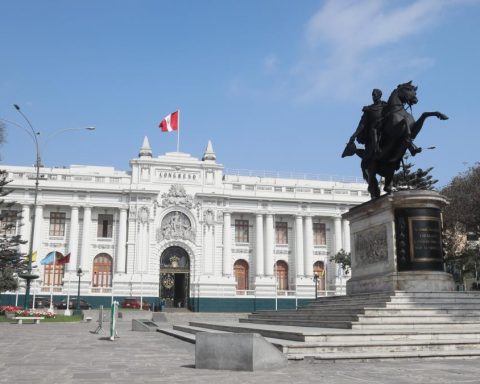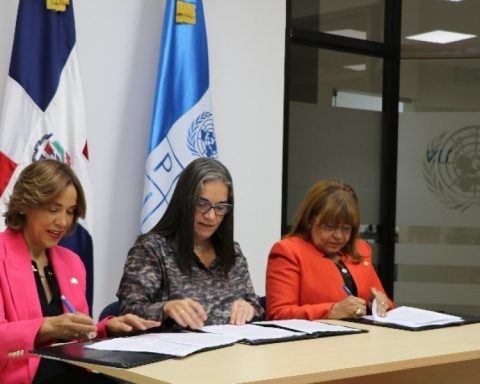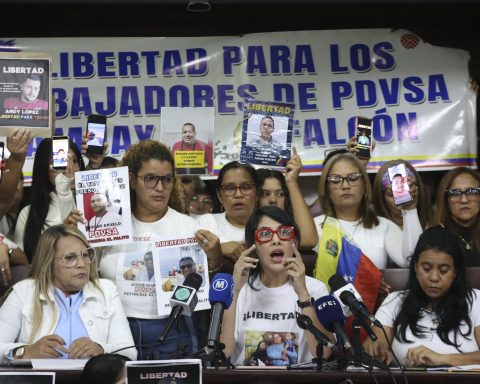
Like so many countries in the world, Chile, my country of origin, is facing a series of intersecting crises. What is encouraging is the democratic, creative and responsible way it has found to deal with this situation: a Constitutional Convention that has been in charge of creating a new Magna Carta to replace the constitution of the military dictator Augusto Pinochet, which since its fraudulent approval in 1980 , has frustrated indispensable reforms. The convention was born as a response to a widespread uprising in October 2019, during which millions of angry citizens demanded a drastic change in the way their nation is governed and, indeed, in their very conception.
Many of the issues convention members debate are specific to Chile, but would seem all too familiar to readers in the United States and elsewhere: how to reduce wealth inequality, respond to a huge influx of undocumented immigrants, reform a police using force with violence, protecting freedom of expression in an increasingly policed society, and tackling climate change without disrupting vital economic growth. And how to build a new national identity based on confronting the amnesia that has allowed past atrocities, particularly against people of color and indigenous nations, to be buried and forgotten.
If this experiment in national redefinition is successful, it could serve as an inspiring model for countries around the world. But if voters reject these reforms, in a referendum scheduled for late September, it would further erode Chileans’ confidence in democracy as a solution to the ills of a country that, like so many nations today, could succumb to the temptations of authoritarianism.
The contours of that new constitution are still unclear, but an idea of where the process is headed can be gleaned from the makeup of the 155-member convention. These delegates, chosen by election last May, come from the far reaches of the country, with a significant presence from Chile’s underserved indigenous communities. With this breadth of representation, gender parity, and an average age of forty-five, assembly members look much more like Chile’s sprawling and diverse population than the elite that has ruled this land for more than two years. centuries since independence. Perhaps most significantly, only thirty-seven delegates come from conservative parties, meaning they will not be able to veto sweeping changes that the convention majority favors and that the country itself is crying out for.
Most of the public attention, until now, has focused on attempts to rethink the institutional and political changes that Chile requires to be governed differently. How to control a presidential regime that gives too much control to one person, facilitating autocracy, corruption and abuse? And the Senate: Should it be abolished, or at least its influence greatly reduced? Or is such a deliberative body necessary to ensure that the least populated but essential regions of the country maintain representation? As for the Judiciary, how to isolate it from pressure and, at the same time, make sure that it cannot restrict the changes that the majority of Chileans demand? What kind of autonomous status and judicial independence should the many indigenous communities enjoy, or should they now call themselves “nations”? How to return their ancestral lands and their rights without harming the interests of so many non-indigenous Chileans who now own or work on those lands?
In its mission to reimagine Chile’s fundamental laws, the convention has a crucial ally in President-elect Gabriel Boric, a charismatic thirty-six-year-old former student leader. Like many members of the convention, he defines himself as a feminist and ecological activist, as well as someone deeply respectful of the native languages and traditions of Chile. And like the progressive wing of the convention, he believes that Chileans cannot benefit from adequate health care, education, housing, pension plans and security unless the country repudiates the neoliberal economic policies to which it still adheres. and build instead a society based on solidarity. instead of profit and greed.
Citizenship is the third factor in this process of creating a new foundation for the nation. They elected Boric in December with the highest number of votes in the country’s history, beating his rival, a far-right politician who professed admiration for both General Pinochet and Donald Trump, by more than 11 percent. Elections, however, are not the only way Chileans express their hopes for the country’s future; the convention has given people a unique and original way to express their preferences in a process of direct democracy.
Large contingents of Chileans—nearly a million citizens—sent legislative initiatives to the convention, seventy-eight of which were backed by more than 15,000 signatories, the eligibility threshold for delegate consideration. These ideas span a broad political and ideological spectrum: some advocate private property and the armed forces, others speak of granting rights to features of the natural world, including animals and glaciers, and establishing Chile as a plurinational, multilingual republic. Many repeat the demands expressed by the street protests of recent years: nationalize mineral and water resources now in private hands, legalize cannabis, stop the brutality that the police have inflicted on the young and the poor, and institute a national health system. for all and guaranteed pensions for the elderly population.
Despite the great success represented by the formation of the convention and the enthusiastic democratic commitment it has generated, the road ahead will not be easy.
The convention has been hampered by discord and disunity. A boisterous group of radical delegates has insisted on a series of maximalist proposals, such as replacing the Presidency, Congress and the Judiciary with a vaguely defined national assembly, as if Chile existed today in a state similar to that of revolutionary Russia in 1917. If the delegates fail to reach a consensus on the most fundamental reforms, they will give ammunition to those who will urge voters to reject the new constitution in the autumn plebiscite.
The convention has also done a poor job so far of communicating the considerable progress it has made in reducing more than a thousand proposals for different articles in the new Magna Carta. This is a problem that has been exacerbated by a concerted campaign of hostility from right-wing bloggers and social media. (Imagine if the framers of the US Constitution in Philadelphia in 1787 had to do their deliberative work in the face of relentless vitriol and disinformation posted on Facebook and Twitter.)
As for Boric, he has cleverly brought into his cabinet some social democratic partners whom he has branded as too moderate in the past. But he faces a Congress in which the opposition commands enough seats to deny him most of the reforms he has promised to enact, measures that will continue to stir the grassroots movements that fueled his candidacy.
Ultimately, however, the fate of both the new constitution and the incoming President will rest with the Chilean people. During the last month of my stay here, I have spoken with many of my countrymen fatigued by the pandemic. Most of my conversations took place during the long hours they were waiting in line: to receive medical attention in dilapidated health clinics or for a bus that never came, to pay bills in an unstaffed bank, to solve a problem with their phone or internet services, or to report drug activity in your neighborhood to a demoralized police force.
This is the day-to-day life of the vast majority of Chileans today: wait and then wait a little longer. I felt a huge well of frustration, even a seething subterranean rage, beneath the basic mood of patience.
At one point, I met an impoverished elderly woman in a clinic. She was there she was, waiting for a nurse to take care of her: bandaged ankles, arthritic hands, obviously malnourished. She had been told that she would arrive at 8 in the morning. Three hours had passed and no one had attended to her. I asked how she could be so patient.
“I need to be,” she answered, with great dignity. In fact, dignity is the word that one hears on everyone’s lips, because it is what they most want for themselves: to be treated as full human beings. “I have to be patient,” she repeated. “But my patience is not infinite.”
Ariel Dorfman, Distinguished Professor Emeritus of Literature at Duke University, is the author of the novels Captives and The Compensation Bureau and the upcoming poetry collection Voices from the Other Side of Death.







